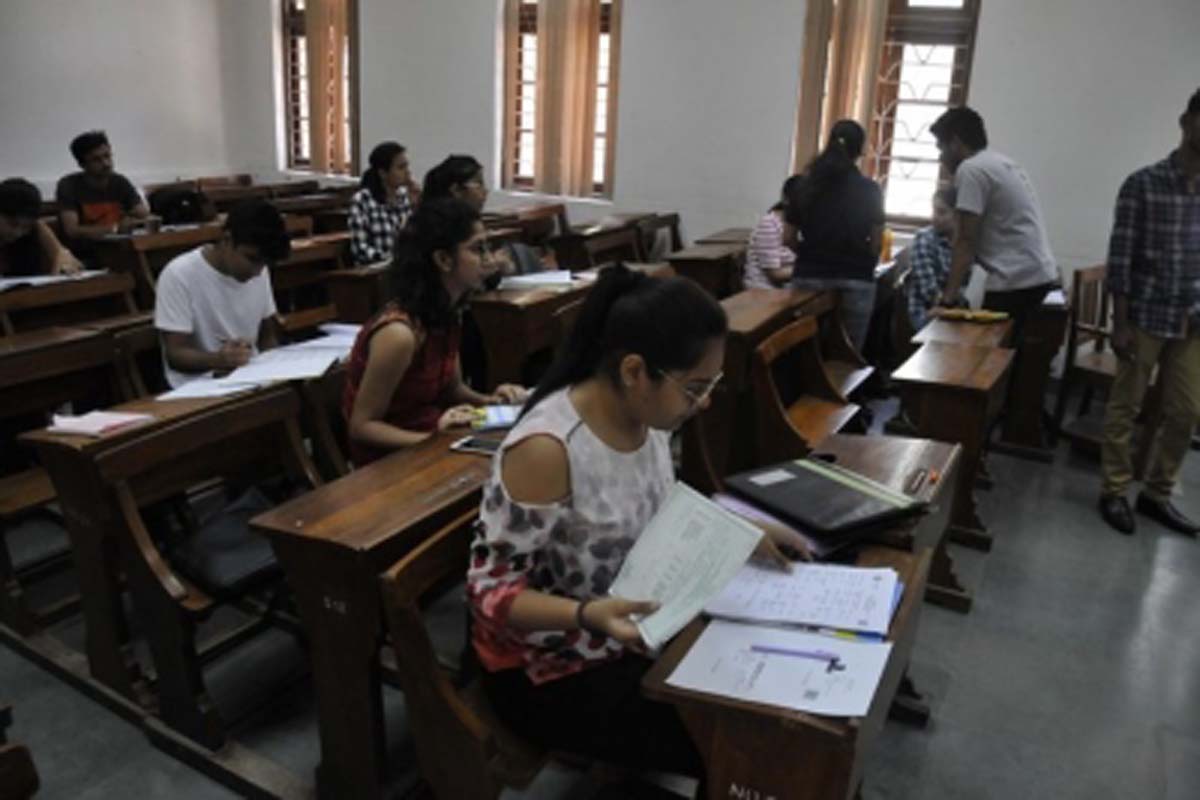
The university sector in Aotearoa New Zealand is at a tipping point due to chronic underfunding, shifting enrolments and increasing costs from inflation. In response, the government has established two working groups to assess the health of the sector and provide recommendations for the future. Meanwhile, universities find themselves increasingly beholden to the education technology (EdTech) industry, which claims to improve student learning by selling hardware and software – often built with artificial intelligence (AI).
Most universities already pay for services from EdTech companies such as Turnitin, Grammarly, CampusTalk and Studiosity, all of which use AI in their products. But critics say this trust in EdTech is misplaced and amounts to what technology writer Evgeny Morozoc calls technological solutionism – "the idea that given the right code, algorithms and robots, technology can solve all of mankind's problems". Intellectual property and profit To better understand how EdTech providers work, consider the plagiarism-detection company Turnitin, used by 20,000 institutions in 185 countries.

Student essays are intellectual property (IP). According to university policy, students and universities have a shared licence over any IP written by students. But when teachers require students to upload their essays to Turnitin, students must grant the company a "non-exclusive, royalty-free, perpetual, worldwide, irrevocable licence" to use their IP.
Turnitin adds those essays to its massive database, which it uses to build its plagiarism detection tool. The tool – built with student IP – is then sold back to universities so educators can police student writing in the name of academic..
..










